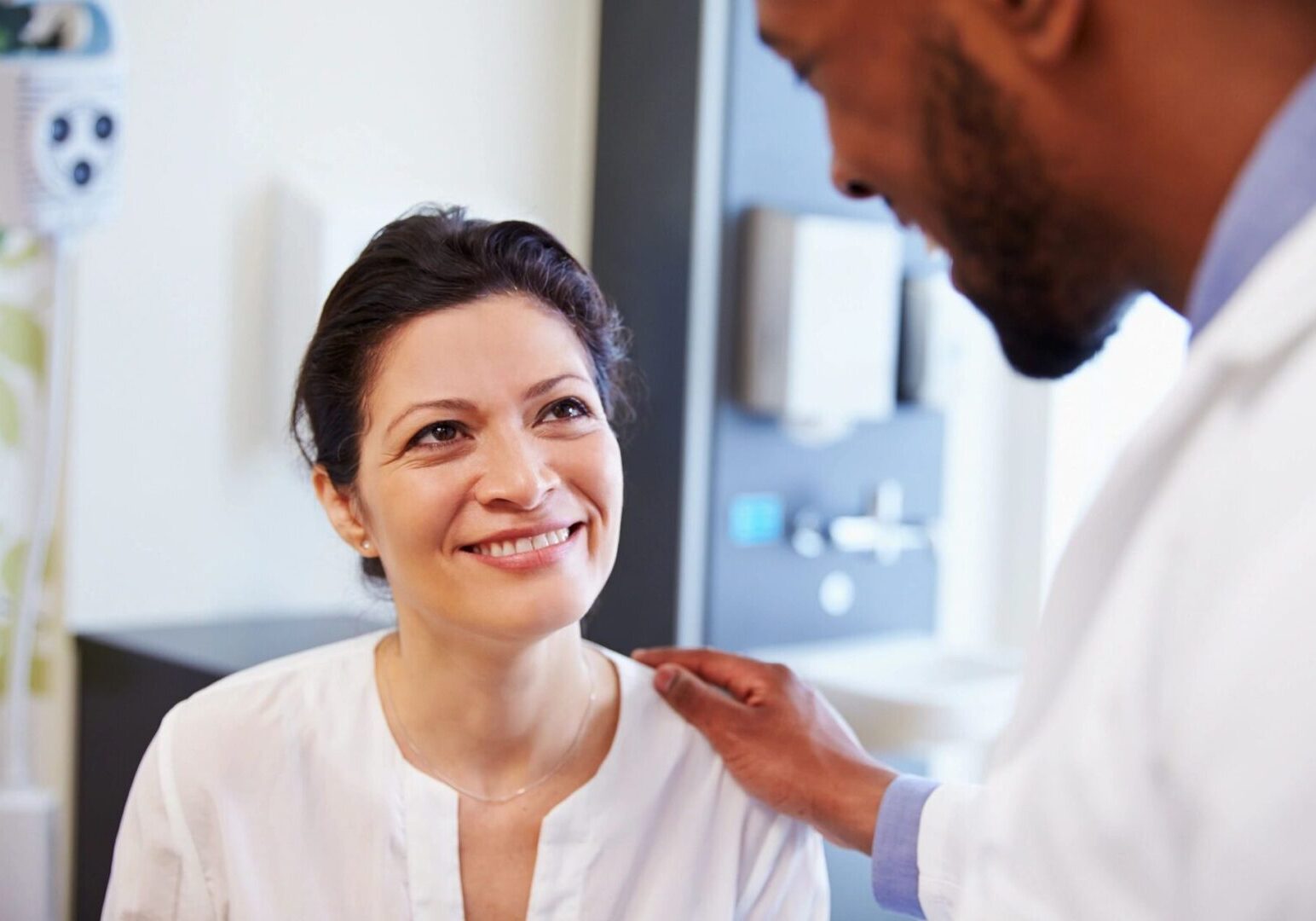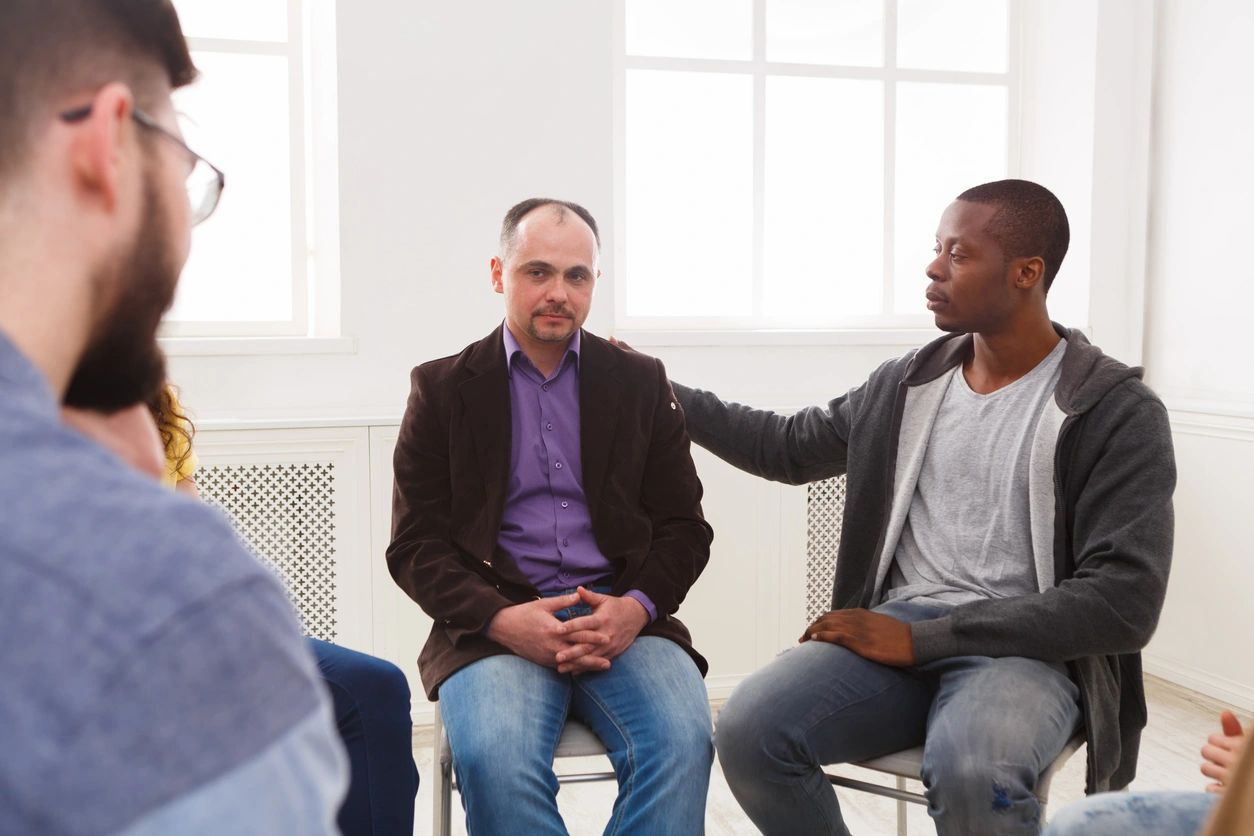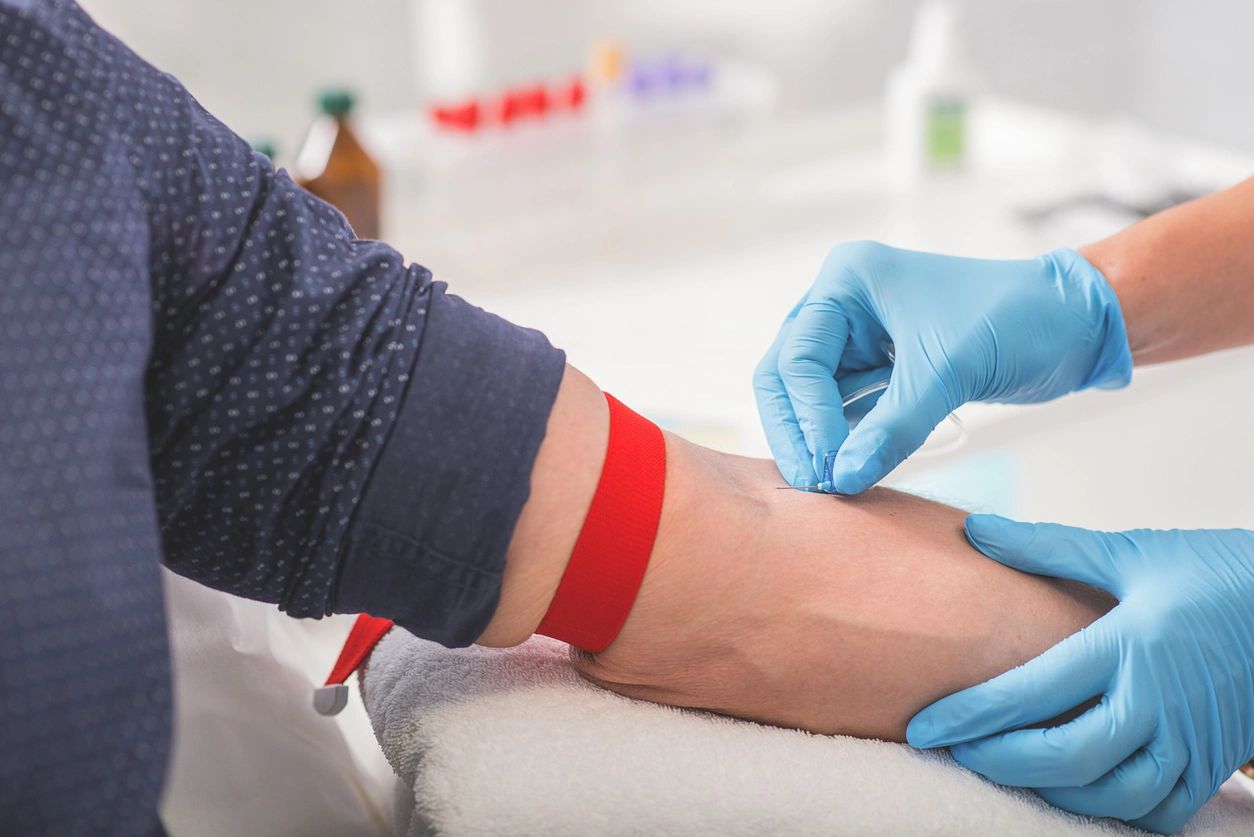Sexual Assault
Important Information


SEXUAL ASSAULT
GUIDELINES FOR RESPONSE TO SEXUAL ASSAULT
CLICK THE LINK BELOW FOR MORE INFORMATION:
Dps.State.Ak.Us
Sexual Assault is:
Any sexual contact (with or without penetration) this is gained through:
- Force (pushing, pinning down, chocking, etc.)
- Threats (I'll kill you/your family", "I'll hurt you,” a weapon is present.)
- Trickery (using drugs, alcohol, or deception to make someone sexually receptive or unable to resist.)
- Manipulation (using pressure: "You can't stop now, I'm so excited," "You did it with your last boy/girlfriend,” "If you love me you would".)
- Coercion (using threats, bribes, and blackmail: "I'll tell your mom you were drinking if you don't", "You could lose your job if you don't,” "I'll tell everyone we did anyway.”)
In spite of this fact, many victims of sexual assault feel that they have done something to cause the assault in some way. The offender may contribute to this by blaming the victim, minimizing the problem, or denying that it happened. Feelings of shame or guilt are normal, but remember, it is NEVER the victim's fault.
ONLY THE OFFENDER IS TO BLAME! IT IS NEVER THE VICTIM'S FAULT!
AFTER SEXUAL ASSAULT
After being sexually assaulted, you may have many questions, including:
- Why did this happen to me?
- Could I have prevented this?
- Will I develop an infection or become pregnant as a result of the assault?
- Who should I call first?
- Should I report this to the police?
- Is this reportable?
- Since I was drinking, isn't this my fault?
In all cases, it is important to know that you did not cause the sexual assault. Sexual assault is an act of violence, intimidation, and control. No one ever "deserves" to be assaulted, even if you wore tight clothing or initially showed interest in your assailant. You cannot consent to sex if you are under the influence of alcohol or drugs.
The following steps are recommended after sexual assault:
- Find a safe environment away from the assailant
- Call a close friend or relative-someone who will offer unconditional support
- Seek medical care: do not change clothes, bathe, douche, or brush your teeth until the evidence is collected. A complete medical evaluation includes evidence collection, a physical examination, treatment and/or counseling. You do not have to do any part of this evaluation that you do not want to do.
- Discuss filing a police report with a crisis counselor, experienced social worker, sexual assault nurse examiner, or healthcare provider.
- Follow up with a healthcare provider one to two weeks later.
- Seek counseling services.
- Inquire about victim compensation services.
You should seek medical care, even if some time has elapsed since the event or there is scant or no evidence for collection. A healthcare provider can offer advice on reporting the event, address concerns regarding infection, pregnancy, and safety, and help you begin to recover.
SEEKING MEDICAL CARE

It is important to seek emergency medical care as soon as possible
to begin coping with the complex emotional issues surrounding rape. Medical care is usually provided by a doctor and/or sexual assault nurse examiner in a hospital emergency department or medical clinic.
A sexual assault nurse examiner is a specially trained and certified professional who will provide needed care, document the details of the assault, and collect evidence. The nurse can recommend treatment for sexually transmitted infections and pregnancy prevention if needed. In addition, the nurse is available to testify in court.
History of Events
care after sexual assault includes talking with a clinician about what occurred before, during, and after the incident, and describing the assailant(s). A sexual assault nurse examiner or another healthcare provider usually conducts this interview with you privately, without family members or friends. After the interview, a physical examination may be done.
Physical Examination - during a physical examination, a healthcare provider will document any cuts or bruises on your body. The most commonly injured areas include the breasts, external genitals, vagina, anus, and rectum: these areas will be carefully examined, swabbed, and cultured. With your permission, these areas may be photographed. A friend, family member, or crisis counselor may be present during the physical examination if you wish.

SEEKING POLICE HELP
Reporting sexual assault to the police
many victims do not initially want to report their assault, but later change their mind. For this reason, all victims are encouraged to provide a detailed description of events and allow a thorough physical examination.
In most states, evidence may be collected without reporting to the police. The best chance of collecting accurate information and evidence is within the first 24 hours of the sexual assault, although some states allow evidence to be collected up to five days later. Changing clothes, showering or bathing, eating, douching, going to the bathroom, and brushing your hair or teeth should be delayed until evidence is collected, if possible.


IWantTheKit.org Click on that link to get a FREE kit mailed to you to check for sexually transmitted infections that are passed from person to person during sex.
FOLLOW UP CARE

Most experts recommend
That you have a follow-up visit with a healthcare provider within two weeks of the assault. At this visit, you can have follow up testing, get treatment if needed, and discuss how you are recovering.
Testing for gonorrhea and chlamydia does not need to be repeated if you took preventive antibiotic treatments. Testing for gonorrhea, chlamydia, trichomoniasis, and bacterial vaginosis may be recommended after the assault if you did not take preventive treatments at the initial evaluation. Testing is also recommended if you develop symptoms of an infection or would like to be tested.
Visit this link for up to date information about the HIV infection. www.UpToDate.com
Testing for pregnancy
Is recommended four weeks after the initial examination if you took an emergency contraceptive pill. If you did not use this treatment and you do not have your menstrual period on time, a pregnancy test is recommended.
Testing for HIV is usually repeated at six weeks, three months, and six months after the assault.
This schedule of testing is recommended because, in some cases, it takes up to six months for the blood test to become positive.


Protecting others
If you are exposed to blood or bodily fluids during an assault, you must understand the importance of preventing the spread of any potential infection to others (for example, sexual partner(s)) during the follow-up period. These measures are especially important during the first three months after exposure.
During this time, you should use a condom with any sexual activity to reduce the risk of transmitting the potential infection to your partner. Condoms reduce but do not completely eliminate, the chances of transmitting hepatitis and HIV infection to others. Women should avoid becoming pregnant for the next three months.
Donations of blood, plasma, organs, tissue, or semen are not recommended during the first three months.
